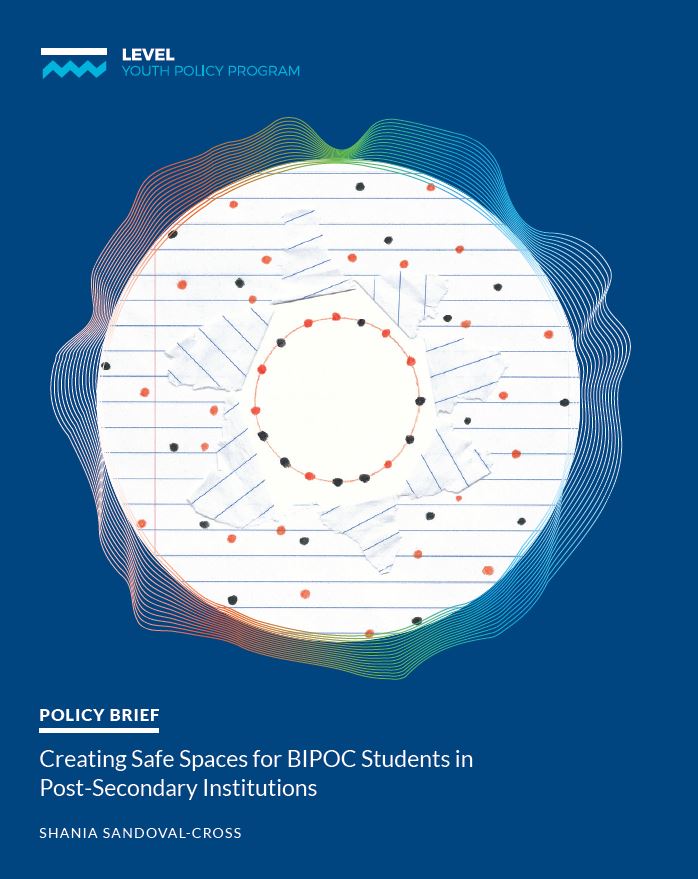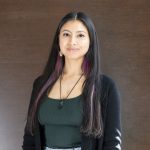The Black Lives Matter (BLM) movement has wildly impacted the social push for anti-racism work and accountability, as well as pushing marginalized conversations to the forefront.
Black social-justice activists, academics, artist, politicians, etc., have done a tremendous amount of influential, intellectual, and emotional labour in terms of equity and anti-racism work. We here on unceded Sḵwx̱wú7mesh, Səl̓ílwətaʔ/Selilwitulh and xʷməθkʷəy̓əm territory have seen 2020 starting off with major Indigenous-led Wet’suwe’ten solidarity actions across the country, anti-Asian sentiment as a product of COVID-19, and now BLM actions happening across Turtle Island (so called “North-America”) making its way here.
The vision of this policy ask is to implement a set of recommendations to hold post secondary institutions accountable for their anti-racism work. This would consist of Black, Indigenous, People of Colour (BIPOC) student advisory boards and their recommendations, and an Indigenous- or BIPOC-focused course becoming mandatory and grounded in anti-racism, anti-ageism, disability, and Lesbian, Gay, Bisexual, Transgender, Queer, Two-Spirited+- inclusive frameworks (LGBTQ2S+). For this policy ask, I will focus my references on my lived experience at UBC because the call for this policy is to hold post-secondary institutions accountable to ensuring student and faculty safety, while bridging the gap of education and wellness resources that produce an environment inclusive of everyone impacted by colonial suppressive systems, and the intersections of BIPOC social justice and equity.
With the impact of the past year’s social-justice movements leading the way for change, it has become impossible to ignore the work that must be done to affect and effect success, access, and accountability to and in systems and institutions that were founded in inequitable and cis-heteropatriarchal White-supremacist, settler-colonial intension. We must examine the ways in which we benefit from certain systems set in place to oppress certain groups of people. We must hold ourselves accountable to being actively anti-racist, as Ibram X. Kendi said in an interview with the Washington Post, “[W]hen an antiracist is called racist, they assess whether what they said or did or did not do was racist based on clear definitions, and if they did say something was wrong with a racial group, if they did support a policy that was leading to racial inequity, then they admit they were being racist.” Kendi’s quote puts into practice what being anti-racist is, but to be able to ensure we live in an actively anti-racist society we must first provide education of what racism looks like on a micro- and macro-scale. We must ensure students and staff are learning from people in their community who approach education from a decolonized framework, one that values lived experiences and provides a vocabulary to deconstruct systems of oppression. We need to bring about a well-rounded understanding of what racism is, so we can be secure in knowing that people going into the world are, in fact, well-equipped to hold themselves accountable, and that they continue the conversation and practices of being anti-racist with folks and systems they come into contact with throughout their lives. Anti-racism work and education always goes beyond the individual, and it upholds a standard to which one must keep themselves informed and accountable to their lifelong learning and unlearning processes to ensure an equitable and anti-racist world.


